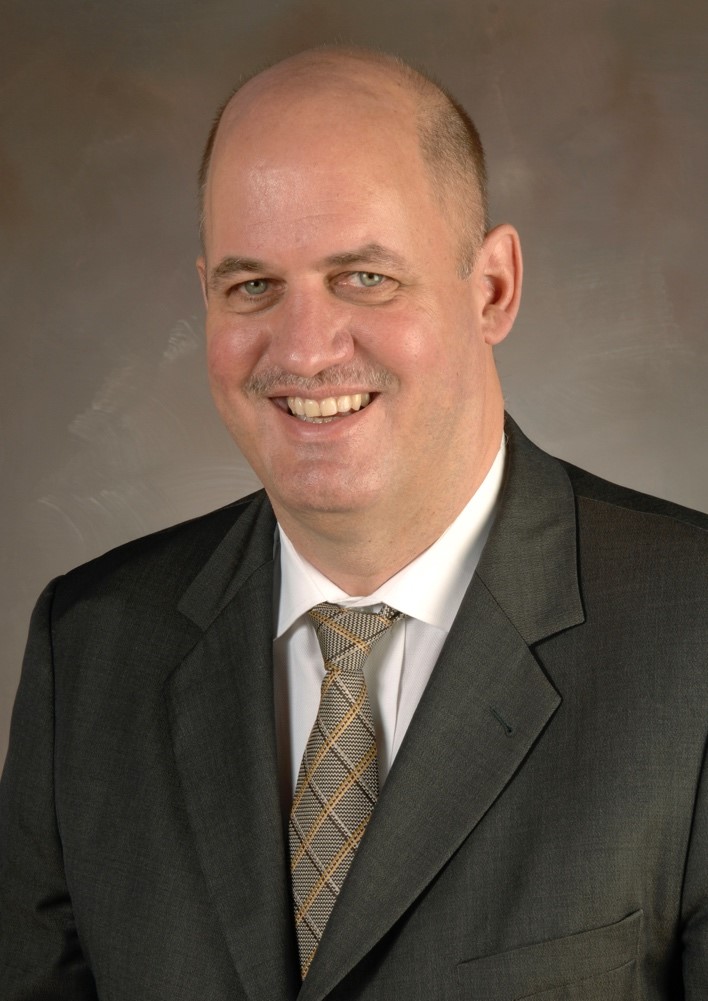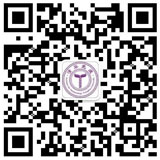Hypoxia-Signaling during Myocardial Ischemia and Reperfusion Injury

Holger K. Eltzschig
Chairman
Professor of Anesthesiology, Surgery and Biochemistry
John P. and Kathrine G. McGovern Distinguished Chair
Associate Vice President for Translational Medicine
Director, Center for Perioperative Medicine
Department of Anesthesiology
McGovern Medical School
The University of Texas Health Science Center at Houston
Biography
As a physician-scientist trained in anesthesiology, cardiac anesthesia, intraoperative echocardiography and critical care medicine, my research has been funded by the NIH over many years to study perioperative organ injury. Many surgical patients experience acute organ injury in the perioperative period, leading to morbidity and mortality (1-4). Dying within 30 days of an operation is considered the third leading cause of death in the USA (2), and this is frequently caused by organ injury. Our research laboratory is interested in studying endogenous adaptive pathways that are under the control of hypoxia-inducible factors. We and many others have shown that activation of hypoxia-signaling during acute inflammatory conditions represents an endogenous adaptive pathway that can be targeted therapeutically. We have applied these molecular concepts to a wide range of diseases that are critical for anesthesiology, critical care and perioperative medicine, including acute kidney injury, myocardial or hepatic ischemia, intestinal inflammation and acute lung injury. Our studies point towards an adaptive role for hypoxia-elicited signaling pathways, for example by attenuating hypoxia-associated inflammation or promoting ischemia tolerance. It is our hope that these studies contribute to the identification of novel pharmacologic approaches to prevent or treat acute organ injury in surgical patients.
My research laboratory is particularly devoted towards providing junior investigators with unique training and career opportunities. As such, I have trained many scientists and physician scientists from the field of anesthesiology, surgery, immunology and critical care medicine. Several of my trainees went on to become funded investigators (e.g. via NIH K08 or R01 mechanisms) or took over academic leadership roles.
Time: 14:00-15:30, May. 21th (Mon.)
Venue: Room D326, Medical Science Building
Host: Dr. Xin Lin

Copyright © 2017 Institute for Immunology Tsinghua University
Contact Address: Room D302, Medical Science Building, Tsinghua University, Beijing 100084, China
Tel: (86) 10-62776420 Fax: (86) 10-62776420
